The Belt and Road International Forum on Creativity and Sustainable Development in Post-Pandemic Era Held Online
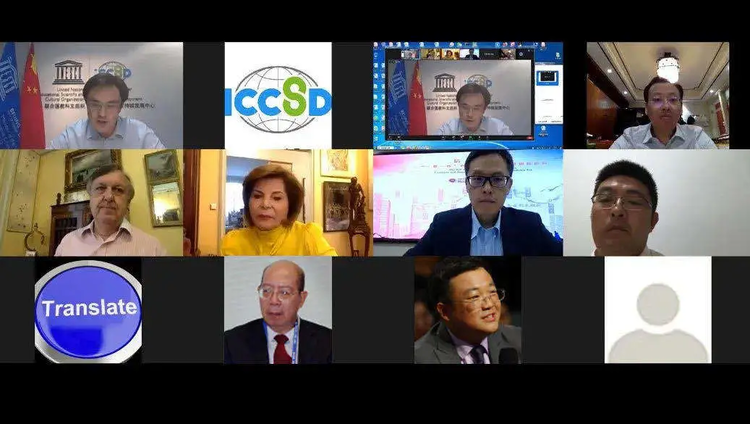
The Belt and Road International Forum on Creativity and Sustainable Development in Post-Pandemic Era was held by the Institute for Cultural Industries of Peking Universityand the International Center for Creativity and Sustainable Development under the auspices of UNESCO on July 31st on the ZOOM Online Meeting platform. Eight experts and scholars from China and the countries and regions along the "Belt and Road" attended the forum and delivered keynote speeches on the future of the creativity and sustainable development of Belt and Road Initiative (BRI).
In 2020, the COVID-19 global pandemic poses a major challenge to the United Nations 2030 Agenda for Sustainable Development. No country, company or organization can deal with this challenge alone. The Belt and Road Initiative is a model of international cooperation to promote sustainable development, for which creativity is an important driving force. This forum aims to discuss how countries and regions along the "Belt and Road" can take effective and creative actions to promote the creation and sharing of cultural resources and the innovative research and development of cultural technology, and to discuss how cultural creativity will promote global sustainable development and how can the world economy achieve a creative recovery.
The ZOOM Online Meeting was chaired by XiangYong, Professor and Vice Dean of Institute for Cultural Industries, Peking University.
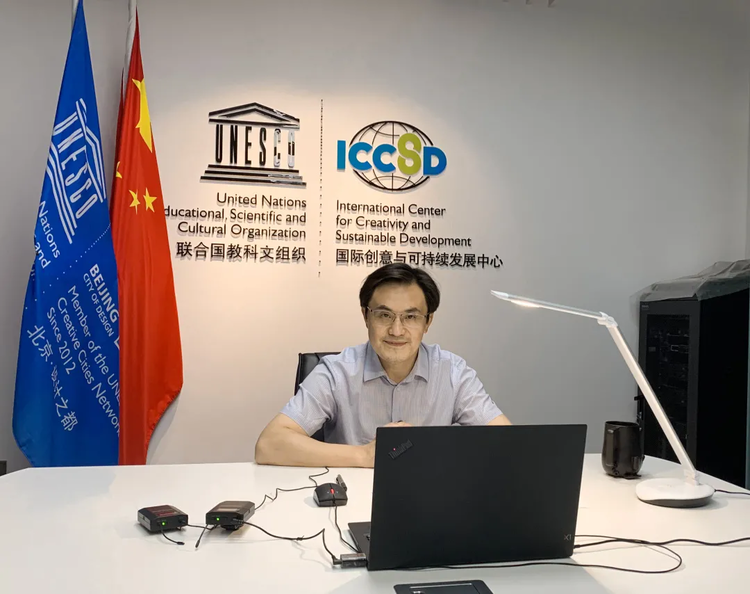
Xiao Lan
Executive Director of International Center for Creativity and Sustainable Development under the auspices of UNESCO
Xiao Lan said in his speech that sustainable development reached a new stage where mankind should rethink and redesign its development mode. The impact of the COVID-19 pandemic not only poses serious challenges to the protection of and support to the cultural development strategy, but also makes it more difficult to achieve the UN sustainable development goals. Meanwhile, the pandemic has changed the production mode and people's lifestyle and accelerated the innovation and application of emerging science and technology. As one of the important frameworks for cross-cultural international cooperation, the BRI has promoted broader exchanges and deeper cooperation between countries along and near the route since its inception. On the basis of this framework, experts and scholars from various countries and regions were encouraged to make suggestions for building a better community with a shared future for mankind through active international cooperation.
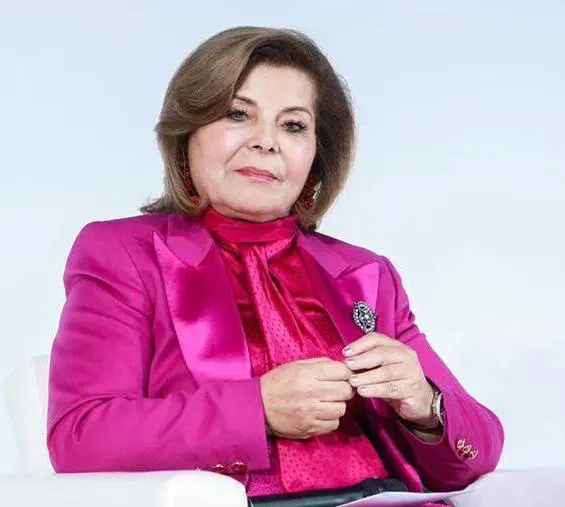
Mehri Madarshahi
Former Senior Economist and management analyst of the United Nations New York, Visiting Professor of South China University of Technology
Focusing on the theme of “Cultural Creativity of BRI Members before and after the COVID-19”, Mehri Madarshahi listed the impact on and response measures taken in industries including economy, culture and art in Europe, Latin America, Africa and other regions in the epidemic from a global perspective. She pointed out that BRI was an important development plan, and the Digital Silk Road was proved to be the perfect tool for work, education and entertainment in such a special period. In the post-epidemic world, cultural industries and creativity will become a kind of national soft power, strategic exports and levers for innovation, production, dissemination, income generation and poverty reduction.
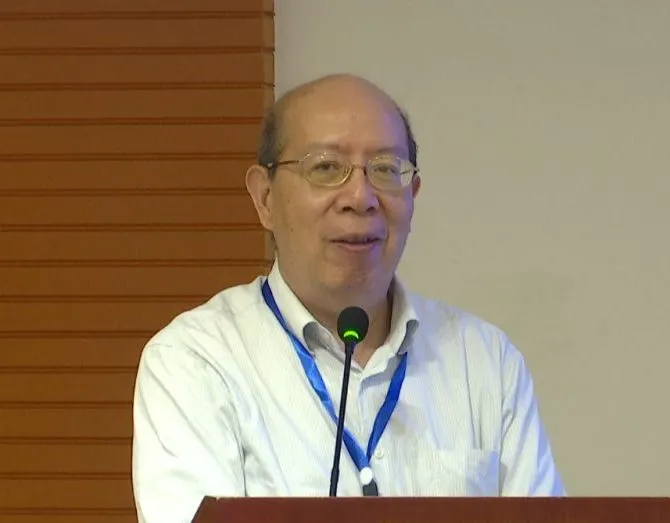
Hua Jian
Director and Researcher of Cultural Industries Research Center, Shanghai Academy of Social Sciences
Hua Jian gave a speech under the theme of "The New Pattern of 'Belt and Road' Cultural Cooperation — Taking the City as the Node". He explained the importance of cultural cooperation in the implementation of the BRI. Hua Jian took the cities along the route as the research object and pointed out that some related cities already became the main nodes in the BRI cultural cooperation. He sorted out the general situations of domestic and foreign central cities and cooperative city circles. Using the "Silk Road City" evaluation index and "five links" analysis model, he evaluated and classified the cities along the "Belt and Road", and taking Thailand's creative industry development measures as an example, he suggested to build a broader "friend circle" of "Belt and Road" cities and put forward four key points of cultural cooperation.
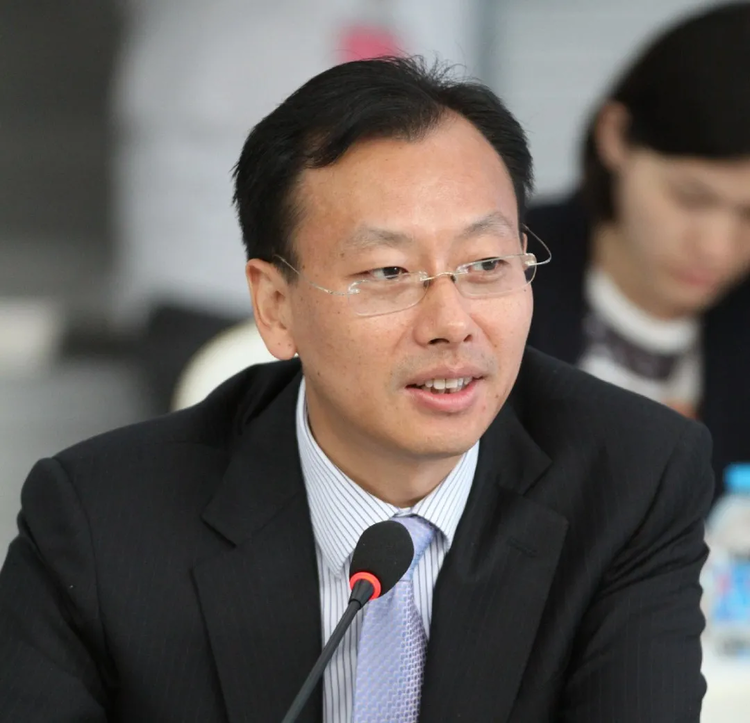
Li Fengliang
Deputy Party Committee Secretary of Southern University of Science and Technology, Dean of Institute of Cultural Industries of Shenzhen University
Li Fengliang delivered a keynote speech entitled "Digital creativity promotes BRI's New level of Cultural Cooperation". During the outbreak of COVID-19, the consumption in the global physical cultural market dropped sharply, and the contactless virtual cultural consumption continued to rise. From the perspective of this new trend, he pointed out that the attributes of the digital creative industry could perfectly integrate with the vision of cultural inclusion and industrial integration proposed by BRI, and bridge the cultural gaps among the countries along the Belt and Road, thus better promoting the mutual trust of countries (and regions) along the “Belt and Road” to achieve rapid, comprehensive and sustainable development within the framework of BRI. Digital creative industry pushes transnational cultural cooperation to a new level, and it is also a feasible way to realize the visions of the community of common regional development interest and the community with a shared future for human happiness.
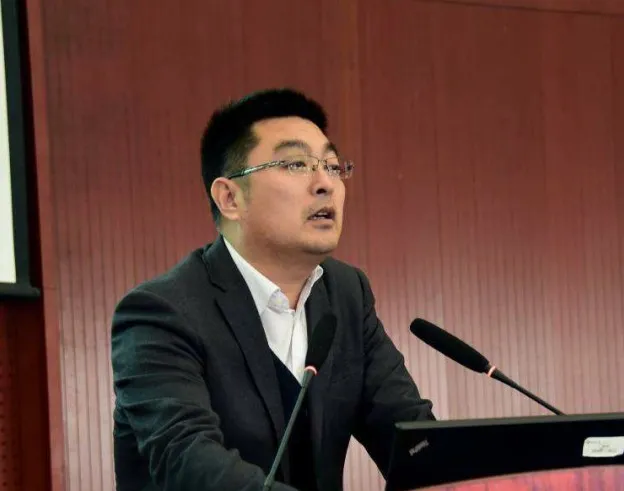
Zhang Hui
Vice Dean and Professor of School of Economics, Peking University
Zhang Hui delivered a speech under the theme of “One Belt and One Road: Research on Double Circulation of Global Value”. He introduced the background and timing of the implementation of BRI, and explained the concept, model, manifestation and economic cooperation model of the double circulation of global value. At the same time, he pointed out that China was at a key node in the global trading system connecting the two circulation systems. He put forward suggestions for the promotion of “sharing economic development experience” and “construction of the development platform”, and pointed out that the above-mentioned measures could solve the problems of sluggish sustainable development and income polarization, and bring unprecedented development opportunities for the world.
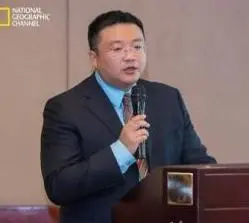
Wu Hao
Executive Dean of Silk Road Research Institute of Beijing Foreign Studies University
Wu Hao delivered a speech entitled "Inspirations from Ji Xianlin's Harmony Theory and Adonis's poetry and paintings". He combined Ji Xianlin's harmony theory, namely, harmony between man and nature: tian ren he yi; harmony between people: ren ren he yi; inner harmony of individual: ge ren he yi with the poetry and paintings of Syrian poet Adonis and reflected on the philosophy of cooperation of countries influenced by BRI initiatives. He believed that the COVID-19 epidemic made people realize the importance of respecting nature, and at the same time, with mutual trust diminishing in the post-epidemic era, more attention should be paid to the humanistic basis of “harmony between people” and the force of inner harmonious behind creativity and sustainable development.
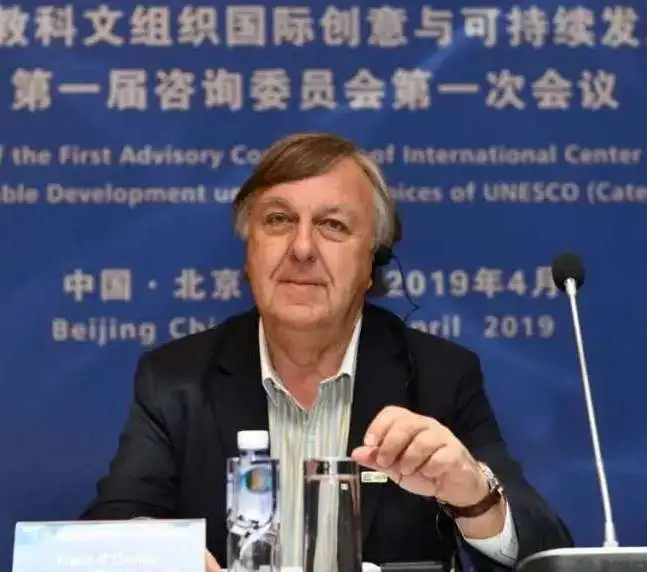
Hans d'Orville
Former Assistant Director-General for Strategic
Planning of UNESCO,
Chairman of ICCSD Advisory Committee
Hans d'Orville gave a speech on “Promoting Green Development and Creativity in Countries Along the Belt and Road in the Post-epidemic Era”. He pointed out that more than 100 international organizations had cooperated with China. This cross-country and lower-level cooperation have become part of the Belt and Road Initiative International Green Development Coalition (BRIGC), and this plan should be further expanded. In this process, countries and regions must systematically incorporate environmental, cultural and fairness factors into the economic recovery and stimulation, highlight the role of culture to build a green “ecological civilized” society which pursues sustainable development, harmonious coexistence with the surrounding ecosystem.
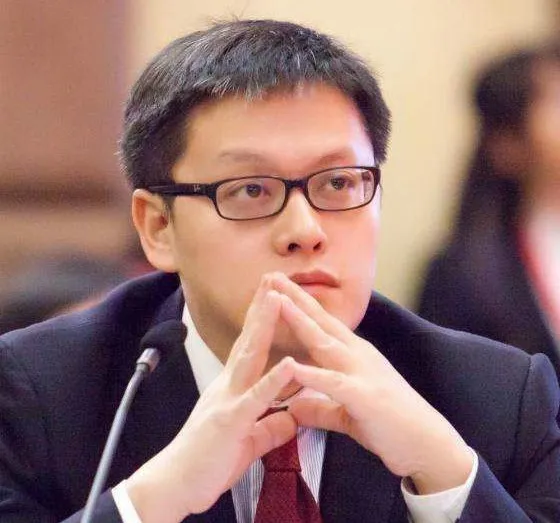
Xiang Yong
Professor and Vice Dean of Institute for Cultural Industries, Peking University
Finally, Professor Xiang Yong made a summary of the forum. He once again thanked all the guests who participated in the conference. He said that although they were thousands of miles apart, he could still feel their serious and positive attitude, solid and effective research and optimism through the screen. He pointed out that through in-depth online discussions, experts reached agreements on at least the following aspects: First, reshape concepts and perceptions. In the post-epidemic era, we need to prepare for the new normal of long-term coexistence between mankind and the COVID-19 epidemic; Second, focus on technological innovation, improve the new digital infrastructure and the sustainable development of the ecological system online and offline; Third, attach importance to cultural values, and strive to build a community of digital, creative and shared future; Fourth, promote dialogue between civilizations and explore the effects of Eastern philosophical thinking on promoting a new mode of cooperation and communication between China and the West; Fifth, promote global sharing, so that countries and regions along the “Belt and Road” can share the best cultural, artistic and creative achievements, and better promote the creative recovery of the global economy.
This online forum also provides an opportunity to promote the exchange and sharing of achievements and ideas of the major national social science fund project “Research on Win-Win Modes of Cultural Industry Cooperation in Countries Along the Silk Road Economic Belt” chaired by Professor Xiang Yong. On the forum, experts presented multiple research perspectives and cultural positions, and put forward practical and feasible suggestions and opinions for cultural cooperation and sustainable development of countries and regions along the Belt and Road in the post-epidemic era.
Source: Institute for Cultural Industries of Peking University By Zhu Can